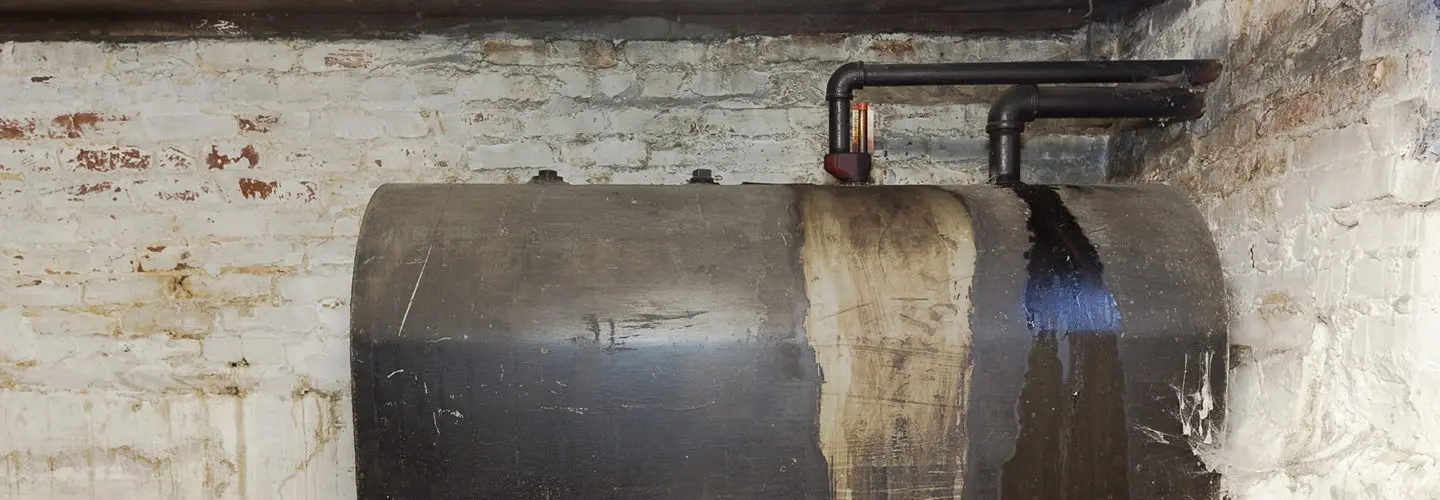Fuel Oil Associations Issue Misleading Claims
Rockport, ME. — Oil and gas dealer associations initiated a media campaign today calling on the region’s governors to cease support for clean, consumer friendly electric heat pump options. In fact, heat pump rebates are already insulating consumers from volatile heating oil price spikes while improving indoor air quality, reducing pollution, and providing efficient, comfortable heat.
“Energy marketers misleadingly claim that concerns ISO-NE [the regional power grid operator] recently flagged about pandemic-related fuel supply constraints require this backward response, but their claim is meritless,” said Melissa Birchard, Senior Regulatory Attorney and Director, Clean Energy Program at Acadia Center. “Pandemic supply chains and fuel demands in other countries are contributing to price volatility and making fossil fuels harder to come by,” noted Birchard. “The short- and long-term answer is to help residents shift from reliance on volatile fossil fuels to electric alternatives that are cleaner, safer and equally comfortable.”
“Calls to cancel heat pump rebates are a sad example of the fossil fuel industry once again fighting the clean energy solutions that will keep our communities, safe, warm, and healthy,” said Matt Rusteika, Senior Policy Analyst at Acadia Center. “Many fuel oil dealers already recognize this and are providing a full array of heating choices to their customers, including air source heat pump conversions.”
According to press reports, ISO-NE’s Gordon van Welie has raised concerns about supplies of home heating oil, citing pandemic-related shortages of truck drivers that could affect deliveries. Given that the supply chain for heating oil, gas, and other fossil fuels has been disturbed by the pandemic, increasing reliance on those fuels makes zero sense. As European gas prices soar, U.S. gas companies are exporting gas for greater profits, leaving domestic customers exposed to even more price volatility.
“Heat pump rebates help families and businesses control costs, insulate household budgets from fossil fuel price spikes, and increase the overall efficiency of the region’s energy use,” said Rusteika. “Energy marketer attempts to sow doubt about heat pumps are sadly self-serving. Heat pump rebates are unlikely to influence fuel supply constraints either way. And many heat pumps installed each year displace electric resistance heat—which reduces strain on the grid.”
“Long-term,” says Birchard, “the region needs to expand its electric transmission grid and clean energy supply to help solve constraints and ensure reliability. Heat pumps are a key part of the solution, as controllable heat pumps can provide a flexible resource for the electric grid.”
Acadia Center calls on the governors to reject the misleading assertions and backward-looking position of the fuel dealers associations.
Media Contacts:
Melissa Birchard
Clean Energy Program Director
mbirchard@acadiacenter.org
617-742-0054 x103
Matt Rusteika
Senior Policy Analyst & Buildings Lead
mrusteika@acadiacenter.org
617-742-0054 x108
###
Acadia Center is a nonprofit research and advocacy organization committed to advancing the clean energy future. Acadia Center advocates for an equitable clean energy future for Connecticut, tackling regulatory and legislative energy policy, transportation, energy efficiency, beneficial electrification, utility innovation, and renewable energy.




















Follow us